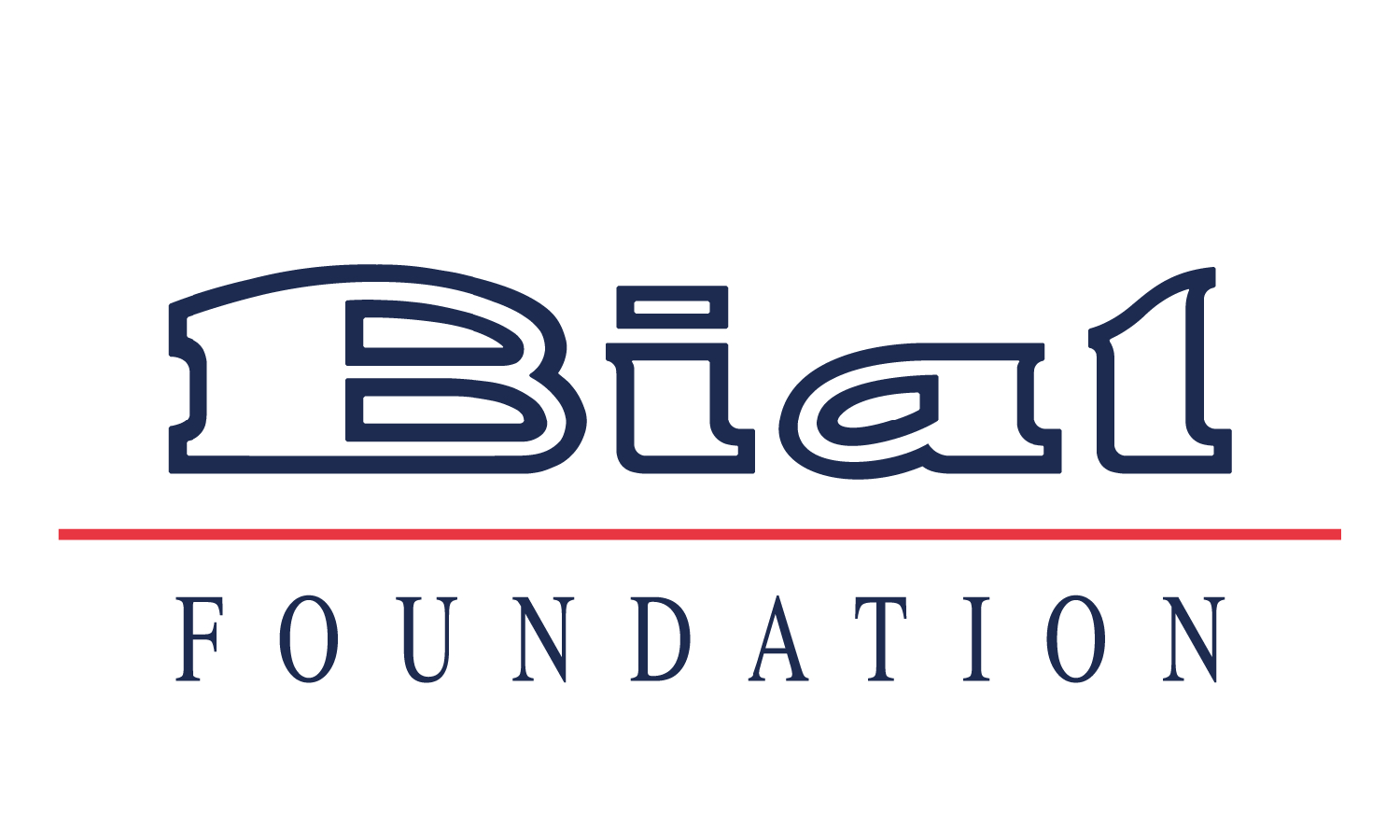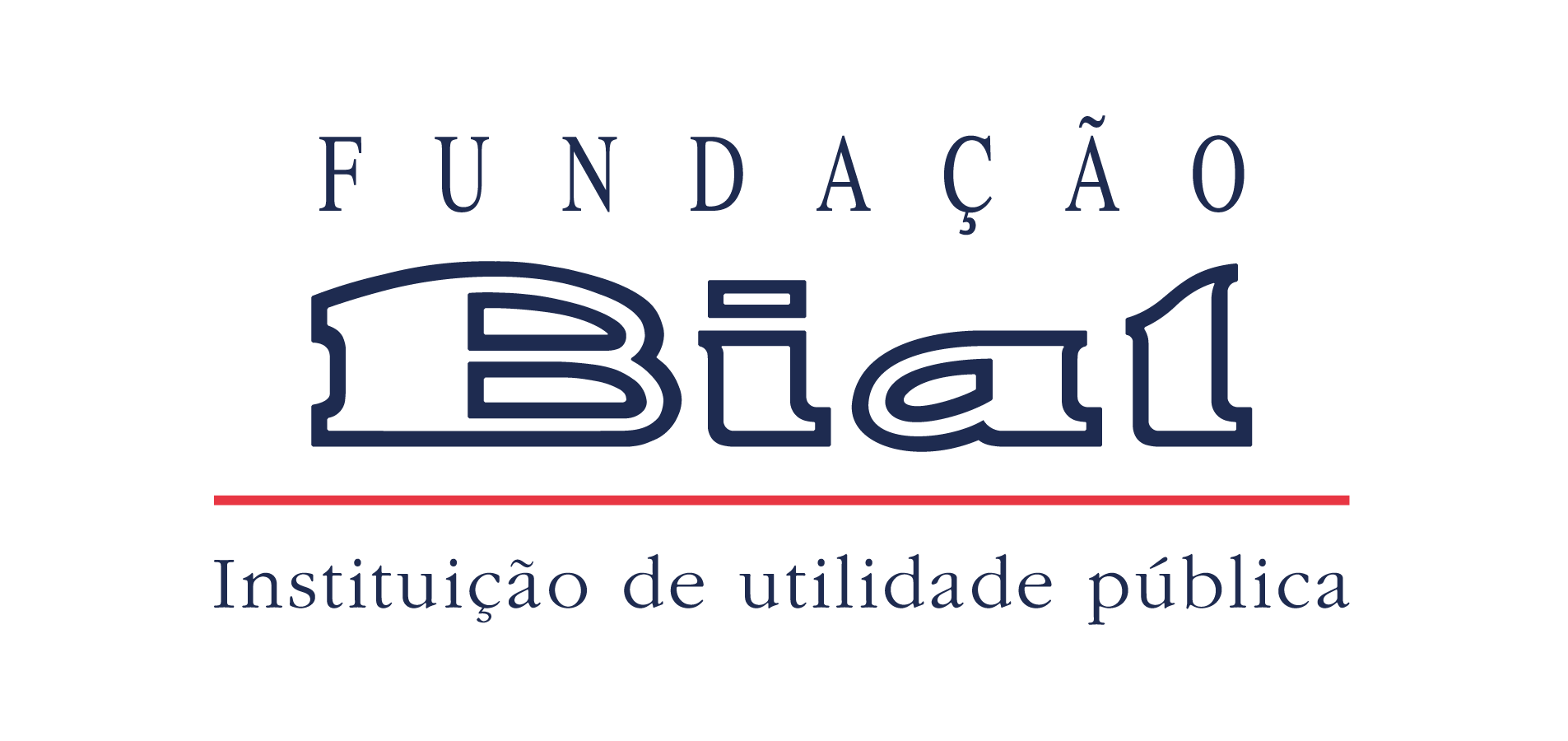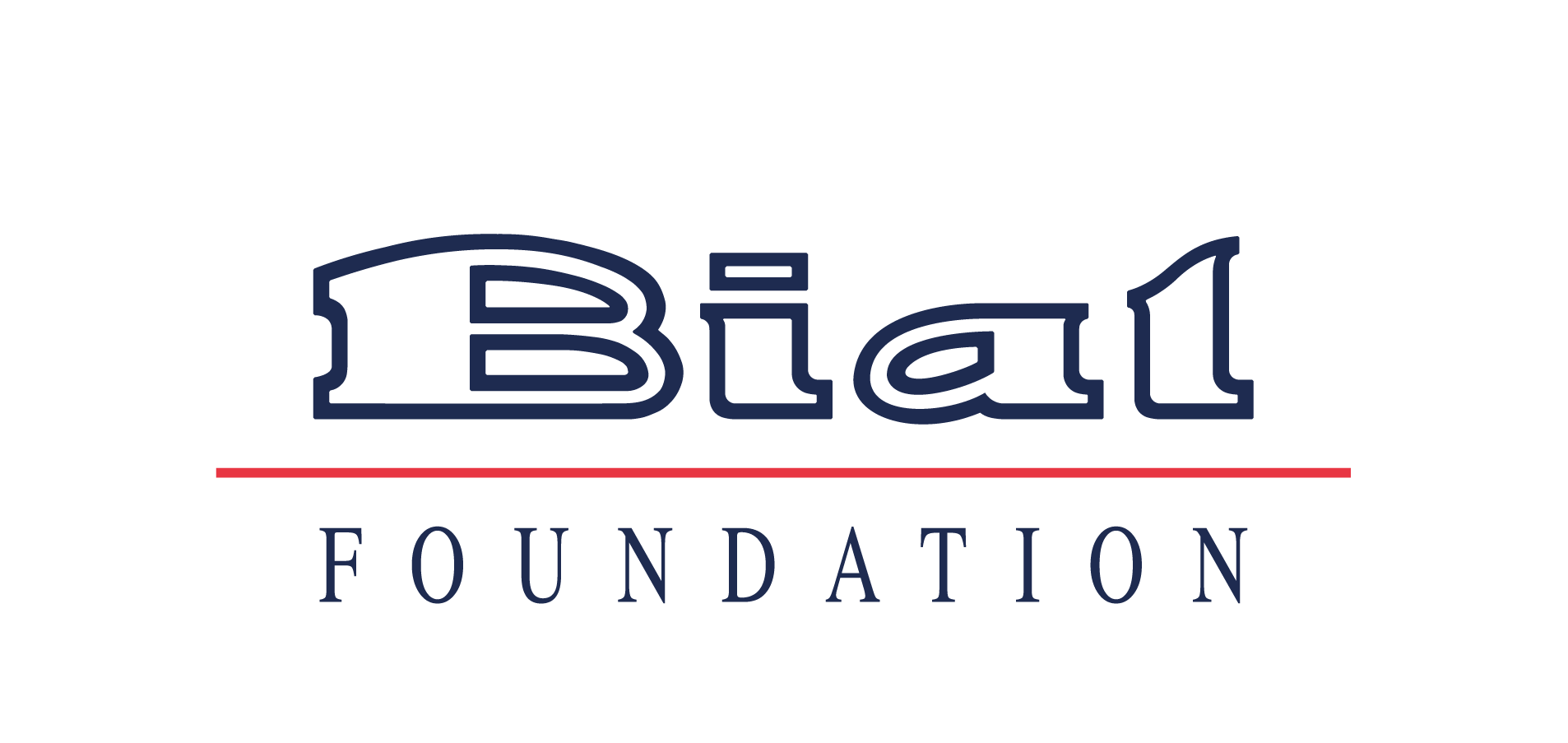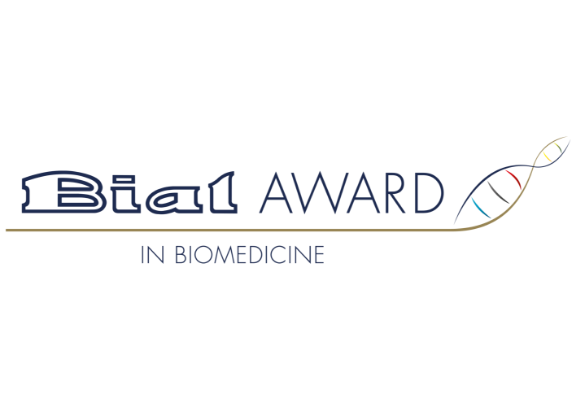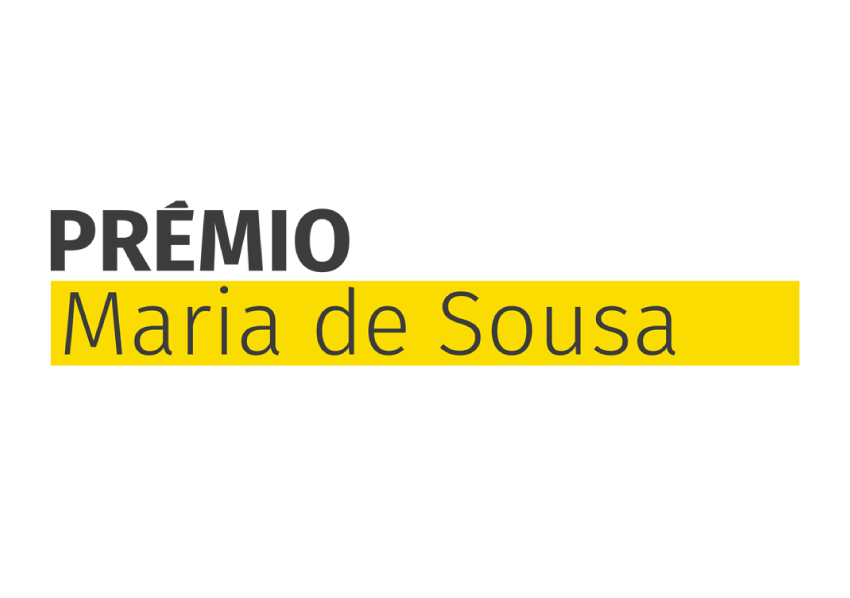News
- Science Stories
- Highlights
- Looking for collaboration
- Helpful links
- Logos
Science Stories
It is our mission being accomplished. Since 1994, the BIAL Foundation has approved for funding 946 projects, involving around 1900 researchers from 31 countries. There are three decades of support to Scientific Research Projects oriented toward the neurophysiological and mental study of the human being, in the areas of Psychophysiology and Parapsychology.
Discover the stories behind the science.
Science Stories

Does your dog have social skills?
A study suggests that viewing the owner’s face works as a positive social reinforcement for dogs. Learn more about this and other surprising results about “man’s best friend”.
News

The contribution of nucleus accumbens in anxiety
In the scope of the research project 175/20 - The role of nucleus accumbens in the perception of natural rewards, led by Carina Cunha and supported by the BIAL Foundation, it was published the paper Involvement of nucleus accumbens D2–medium spiny neurons projecting to the ventral pallidum in anxiety-like behaviour in the Journal of Psychiatry & Neuroscience. In this study, the contribution of a specific population of dopaminergic neurons in a central nucleus for emotional behaviors is highlighted, now in the context of anxiety.
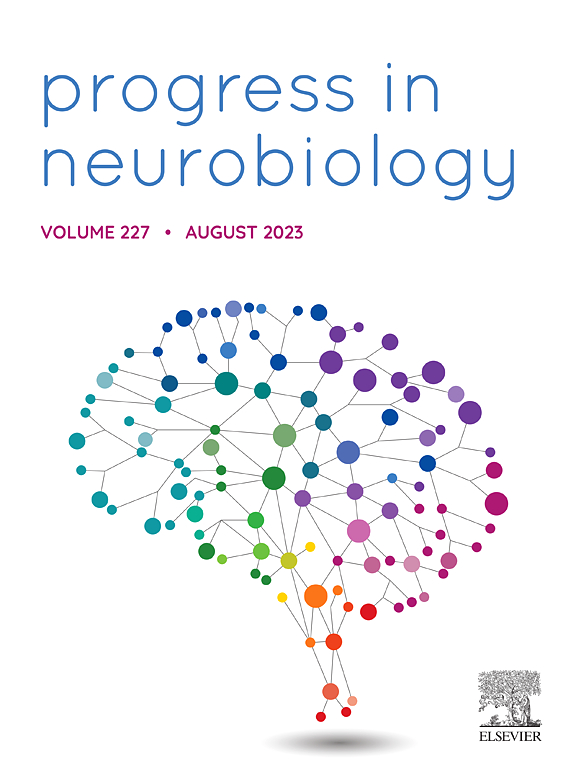
Connectivity between premotor and motor cortex impacts inter-areal communication
The paper Changing connectivity between premotor and motor cortex changes inter-areal communication in the human brain was published in the journal Progress in Neurobiology in the scope of the research project 44/16 - Inducing and measuring plasticity in response control mechanisms in the human brain, supported by the BIAL Foundation and led by Alejandra Sel de Felipe. It has been suggested that the efficacy or strength of connections between neuronal groups influences the communication strength between brain regions. The research team tested this possibility in the human brain by using manipulations that have been established to either increase or decrease connectivity strength in a human cortico-cortical pathway, the route connecting ventral premotor cortex (PMv) and primary motor cortex (M1) and demonstrated that changing short-term synaptic efficacy of the PMv-M1 pathway changes interregional brain communication between the premotor and the primary motor control regions. Moreover, increasing PMv-M1 coupling strength leads to increased beta and alpha coherence, while decreasing PMv-M1 coupling strength results in decreased theta coherence.
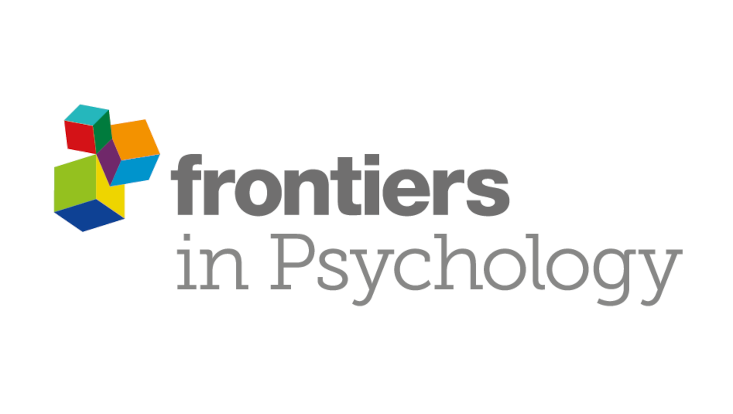
Are near-death experiences (NDEs) and psychedelic experiences alike?
Pascal Michael and colleagues aimed to analyse the similarities and differences between an NDE while in a coma and the experience induced by an endogenous psychedelic drug (5-Methoxy-DMT). There was a very high level of comparability between the original NDE and psychedelic experience in general, emerging common themes, such as, space-time transcendence, ego dissolution, cosmic love. However, there were also a few unique themes (life review, meeting deceased loved one, and threshold of no-return) that emerged in the NDE and were not present in the psychedelic experience. Despite the convergences observed in several domains, according to the participant’s subjective appraisal both experiences are almost completely different. To know more about this study, read the paper This is your brain on death: a comparative analysis of a near-death experience and subsequent 5-Methoxy-DMT experience published in the journal Frontiers in Psychology, in the scope of the research project 359/18 - DMT and Epileptiform activity as an integrative model of the Near-Death Experience: A phenomenological, psychometric and psychophysiological study, supported by the BIAL Foundation.

Is motor-response execution part of the decisional process?
Michele Scaltritti, principal investigator of the research project 79/20 - Redefining the boundaries between cognition and action through the psychophysiological investigation of binary decisions, supported by the BIAL Foundation, published in the Journal of Experimental Psychology: Human Perception and Performance the article Redefining the Decisional Components of Motor Responses: Evidence From Lexical and Object Decision Tasks. The research team aimed to evaluate whether motor-response execution is or is not part of the decisional process. They have exploited the electromyographic (EMG) signal to partition the reaction time (RT) into a premotor time (PMT), capturing the time from stimulus onset until the onset of the EMG activity, and a motor time (MT), reflecting the time from the onset of the EMG burst until the button press, to assess whether decision processes terminate before response initiation or, instead, whether they are still at play during motor-response execution. The results supported the latter perspective, that is, motor-response execution is not segregated from ongoing decisional dynamics.
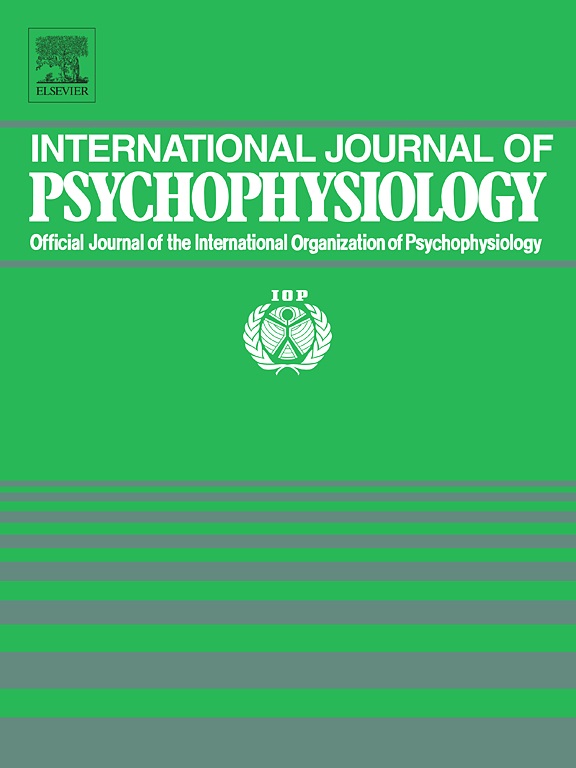
How spatial information modulates Pavlovian learning?
The paper Threat learning in space: How stimulus-outcome spatial compatibility modulates conditioned skin conductance response was published in the International Journal of Psychophysiology, in the scope of research project 47/20 - Fear in action: How Pavlovian fear learning shapes goal-directed motor responses led by Francesca Starita. Participants completed a Pavlovian threat conditioning task in which visual conditioned stimuli - CSs (images of four different white geometrical shapes) appeared on the same (compatible) or opposite (incompatible) hemispace as the unconditioned stimuli (US) delivery (aversive shock to one hand), while their skin conductance response (SCR) was being measured, serving as an index of learning. No information was provided regarding which stimulus would be associated with the shock, and participants had to learn the CSs-US relationship from experience. Results showed that, before learning which CSs predicted the shock, compatible CSs elicited greater mean SCR than incompatible ones. In contrast, during threat acquisition, when participants learned that incompatible as well as compatible CSs predicted shock delivery, SCR increased to CSs+ as compared to CSs-, indicating that the conditioned response was successfully acquired regardless of CS compatibility. Additionally, at the beginning of extinction, the conditioned response was greater to incompatible than compatible CSs, but it was extinguished for both incompatible and compatible CSs by the end of extinction. These results suggest that stimulus-outcome spatial compatibility influences the acquisition, extinction and recovery (following reinstatement) of Pavlovian threat conditioning.

Can motor performance be predicted?
In the scope of the research project 347/18 - Driving synaptic plasticity in motor-to-visual neural pathways to enhance action prediction, supported by the BIAL Foundation, Alessio Avenanti published the paper Neurophysiological Markers of Premotor–Motor Network Plasticity Predict Motor Performance in Young and Older Adults in the journal Biomedicines. The study aimed to assess if plasticity in premotor–motor circuits predicts hand motor abilities in young and elderly humans. Changes in motor-evoked potentials (MEPs) during a transcranial magnetic stimulation (TMS) protocol were assessed as an index of ventral premotor cortex (PMv) and primary motor cortex (M1) network plasticity. Results showed lower motor performance and decreased PMv-M1 network plasticity in elderly adults. Moreover, findings suggest that physiological indices of PMv-M1 plasticity predict hand dexterity and speed across young and older healthy humans.
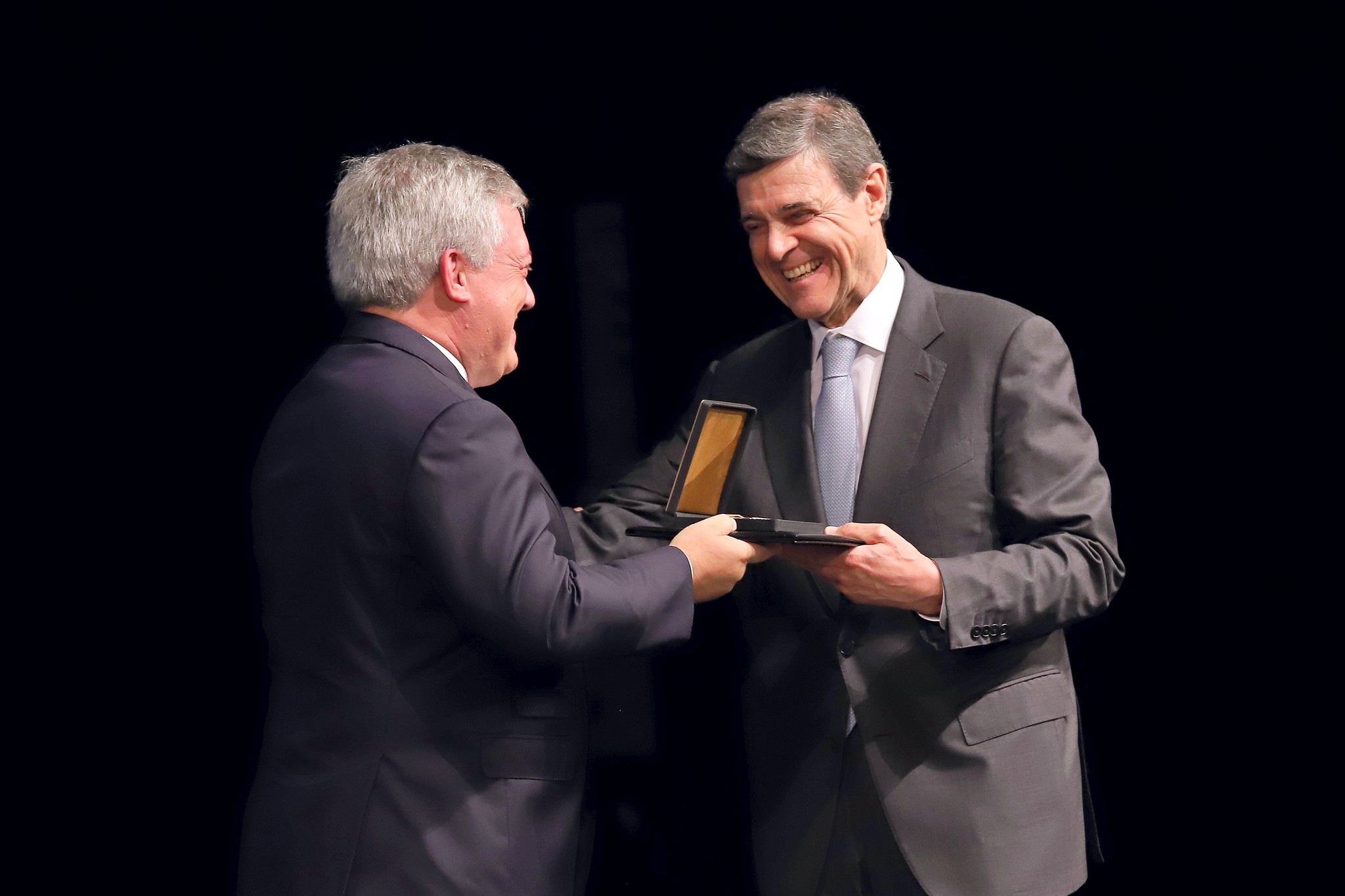
Luís Portela was awarded the Medal of Honor by Vila Nova de Gaia
The chairman of the BIAL Foundation, Luís Portela, was awarded the Medal of Honor from Vila Nova de Gaia on June 20. The attribution act was carried out in a ceremony as part of the Municipality Day celebration.

What causes interference in short-term memory?
What causes interference in short-term memory? Looking to answer this question, John E. Marsh, principal investigator of the research of project 201/20 - The Control of Attentional Diversion: A Psychophysiological Approach, supported by the BIAL Foundation, carried out three experiments that explored the effects of changing-state vibrotactile sequences on short-term memory. The results revealed that short-term memory for a visual sequence is more disrupted by a changing-state vibrotactile sequence (alternating from one hand to the other) compared to a steady-state tactile sequence (presented to both hands simultaneously).

Neural activity in tactile width discrimination
Miguel Pais-Vieira, principal investigator of the research project 95/16 - Reward modulation of tactile stimulus processing, supported by the BIAL Foundation, published in Frontiers in Human Neuroscience the paper Neurophysiological correlates of tactile width discrimination in humans. The research team aimed to describe general changes occurring in neural activity during the periods of tactile width discrimination and motor response and identify changes in neural activity that were relevant for the performance in the task within- and between-subjects. Tactile width discrimination was associated with changes in neural activity and connectivity in networks involving electrodes from fronto-temporo-parieto-occipital networks, mostly in theta, alpha, and beta frequency bands. Asymmetrical networks of electrodes were associated with tactile width discrimination performance within- and between-subjects.

Brain differences between trance and mind-wandering states
In the scope of project 72/16 - A physiological examination of full-trance channeling, supported by the BIAL Foundation, Helané Wahbeh evaluated differences in the brain between trance and mind-wandering states, in thirteen participants who could enter trance states at will. Findings revealed increased delta and theta power in the frontal region and increased gamma in the centro-parietal region during mind-wandering, whereas trance showed increased beta and gamma power in the frontal region. No differences were observed in the alpha band. Connectivity was not different between the trance and mind-wandering states. However, there was a relationship between subjective ratings of trance depth and connectivity, with increased trance depth reflecting decreased whole-brain connectivity in all frequency bands. To know more about this study, read the book chapter Evaluating brain spectral and connectivity differences between silent mind-wandering and trance states published in Progress in Brain Research.

Nominations for BIAL Award in Biomedicine 2023 are open until June 30
The third edition of the BIAL Foundation's international award, the BIAL Award in Biomedicine, is open, with nominations until June 30. With the amount of 300.000 Euros, this award seeks to recognise a work published in the broad biomedical field within the last ten years, the results of which are considered of exceptional quality and scientific relevance.
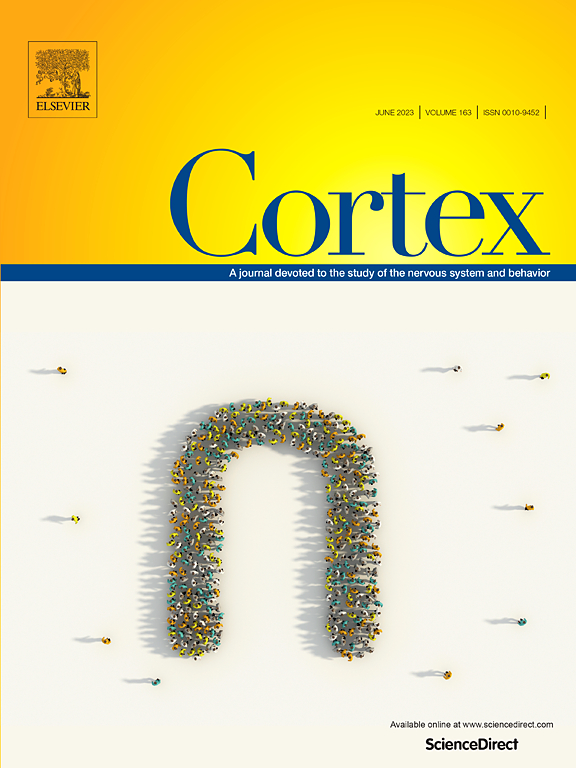
The role of alpha in attentional processes
Alexander Jones and Jonathan Silas published in Cortex the paper Spatial attention is not affected by alpha or beta transcranial alternating current stimulation: A registered report resulting from the research project 150/16 - An investigation into the causal role of alpha oscillations in attention, supported by the BIAL Foundation. Using transcranial alternating current stimulation (tACS), the researchers tested whether somatosensory alpha oscillations are causally related to endogenous and exogenous attention and concluded that the manipulation of alpha by tACS does not cause changes in tactile spatial attention. These findings support an account of alpha power not being causally involved in attention.
Looking for collaboration

The quest of physiological markers for the experience of pain
Researcher: Elia Valentini - Department of Psychology & Centre for Brain Science, University of Essex Summary: The aim of this project is to improve measurement of the human experience of pain by investigating a combination of psychophysical and physiological responses during mild noxious stimulation. More specifically, we want to investigate how sensitive and specific to pain the brain oscillatory responses are. We use EEG as the main technique, but we are keen to collaborate with neuroscientists using fMRI, autonomic measures and brain stimulation as well as with computational neuroscientists. A clinical collaborator would also be very much welcome.

EEG investigation of hypnosis and decision-making
Researcher: Rinaldo Livio Perri - University Niccolò Cusano Rome, Italy Summary: I work in the field of hypnosis and cognitive neuroscience. In particular, I adopt the event-related potentials (ERPs) to investigate the effect of the hypnotic suggestions on sensory processing and cognitive performance. I am an expert in decision-making and proactive brain processes before the stimulus administration (e.g., the perceptual, prefrontal and premotor readiness during the expectancy stage). I could help colleagues to properly analyze the ERP signal in the pre-stimulus stage of processing. Also, I would be happy to share my EEG data for re-analyzing them in the frequency domain (e.g., wavelet or coherence analysis in the hypnosis research). Feel free to contact me for any question! More information on my papers: https://scholar.google.it/citations?user=-8e_V64AAAAJ&hl=it Possible collaborations: neuroscientist with experience in the EEG frequency analysis Email: perri.rinaldo@gmail.com

Transparent Psi Project - looking for collaborators
Summary: We are running a fully transparent, expert consensus-base multilab replication of Bem’s (2011) experiment 1. The project features state of the art methods to maximize transparency and study integrity. The study involves a computerized experiment taking about 20 minutes per session. Group testing is possible in a computer lab, no specialized equipment needed. Labs are expected to recruit at least 100 participants. Participants will be exposed to images with explicit erotic/sexual content in the experiment. No financial compensation is required for the participants. Data collection is expected to take place in the 2020 fall semester. Every material is provided for ethics/IRB submissions and data collection in English (translation of materials might be necessary by the collaborators). The study is pre-registered and the manuscript is accepted in principle for publication in the journal Royal Society Open Science. All collaborators who meet the minimum sample size criterion will get authorship on this paper reporting the results of the replication study. More information in the preprint: https://psyarxiv.com/uwk7y/ Indicate interest in the collaboration via the following form: https://tinyurl.com/tpp-labs With any question contact the lead investigator: Dr. Zoltan Kekecs, kekecs.zoltan@gmail.com

Cognitive control and learning
Researcher: Ignacio Obeso, Ph.D. / CINAC - HM Puerta del Sur Summary: The aim of our projects is to understand the behavioral and neural mechanisms used to learn how humans establish adaptive behaviour in changing contexts. More specifically, we want to decipher how stopping abilities are initially learned and later executed under automatic control. We use task-related fMRI, brain stimulation and clinical models to test our predictions in laboratory settings as well as online home-based paradigms. Possible collaborations: computational scientist Email contact: i.obesomartin@gmail.com https://iobesomartin.wixsite.com/cognitivecontrol
Find here some links to other Foundations, Organizations, Societies and more that you might be interested in.
- BrainFacts.org
- Cognitive Neuroscience Society
- Dana Foundation
- European Brain Council
- European Society for Cognitive and Affective Neuroscience (ESCAN)
- Federation of European Neuroscience Societies (FENS)
- Human Brain Project
- IANDS International Association for Near-Death Studies
- Institut Métapsychique International (IMI)
- Instituto de Psicologia Paranormal
- International Behavioral Neuroscience Society (IBNS)
- International Brain Research Organization
- IONS Institute of Noetic Sciences
- Kavli Foundation
- Koestler Parapsychology Unit
- Open Sciences
- Organization for Human Brain Mapping (OHBM)
- Parapsychological Association
- Psi Encyclopedia
- Rhine Research Center
- Sociedade Portuguesa de Neurociências
- Sociedade Portuguesa de Neurologia
- Society for Neuroscience
- Society for Psychical Research
- Society for Scientific Exploration (SSE)
- World Federation of Neurology

